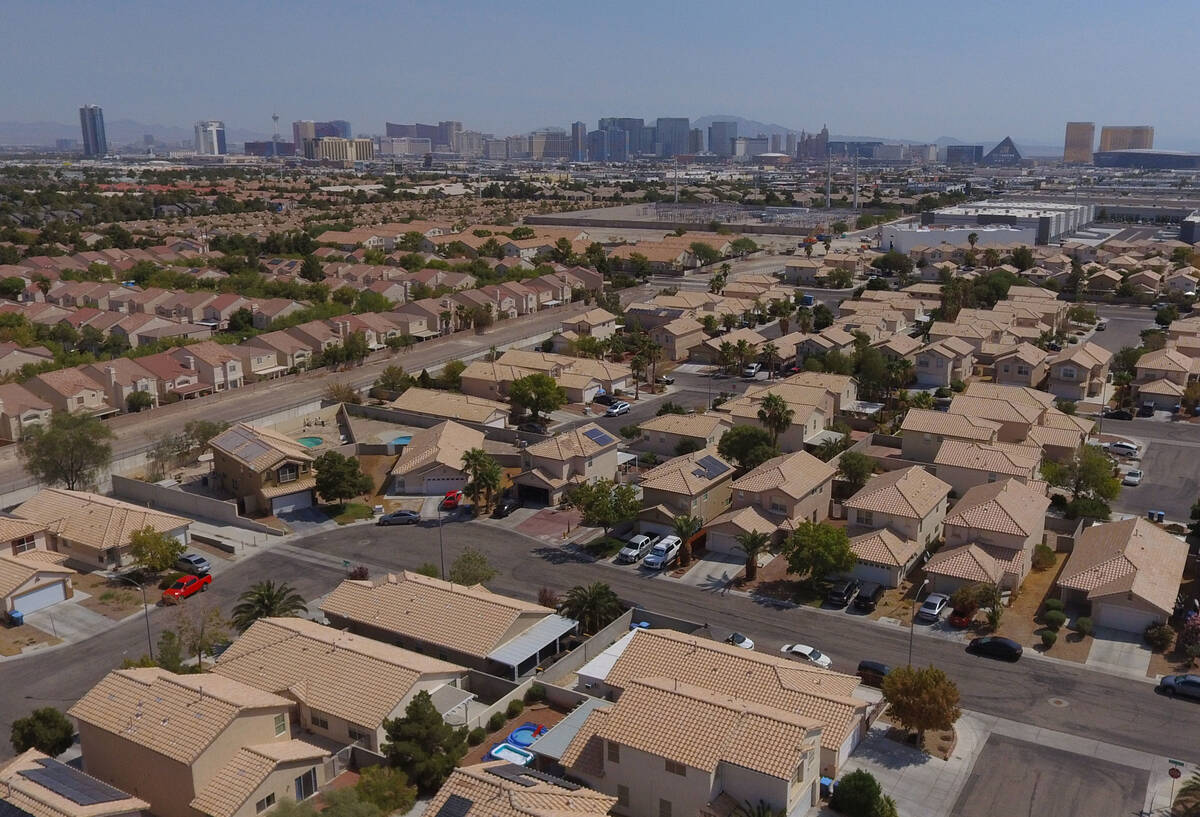Most HOAs have community management companies
Editor’s note: This is the second in a three-part series of columns explaining the roles of homeowners, management companies and homeowners association boards.
Many homeowners are first-time buyers, and too often most homeowners do not review their governing documents.
No one has ever said reading governing documents was like reading a great book, but homeowners should at least look at certain sections that absolutely impacts their daily routine, such as the rules and regulations or architectural guidelines and use restrictions, which you will find in the covenants, conditions and restrictions. Next to not paying assessments, homeowners associations send more violations as a result of non-compliance with governing documents.
In many states, such as in Nevada, most associations are managed by a community management company, whose staff members are either supervisory, community or provisionary managers, who must be certified by their state real estate divisions. Under current Nevada law, the management company is not required to have an association license, only the community managers are required to have licenses.
Associations can self-manage depending upon their CC&Rs. Over the past years, we have seen associations, which were self-managed, hire professional community management companies because of the continued complexity of Nevada Revised Statutes 116 laws, which regulate homeowner associations.
The role of the community management company is spelled out in its management agreement with the association and the role of its managers spelled out in NRS and Nevada Administrative Code 116 state laws and regulations.
The management agreement consists of the functions and procedures of the community management company: the collection of assessment, the enforcement of regulations and non-payment of assessments, record keeping (both of the individual homeowners and that of financial records of the association), payment of operating expenses, providing monthly financial reports, reconciling bank statements, preparing operating budgets, assisting in obtaining service bids, responding to homeowner complaints and work requests, processing architectural requests, property inspections of the community and attending meetings.
To what extent or degree the management company provides these services is dependent on its agreement with the association. The community management company and its managers are the conduit between the homeowners and the board members. It is the administrative branch of management, whereas the board of directors are the executive branch.
Boards should be involved with making the “big picture” decisions. Problems can occur when boards or board members become involve with daily management functions that disrupts the flow of work or where proper procedures are circumvented.
At the same time, community managers must understand their restrictions, which require them to contact the board for direction. Creating the proper balance starts at the very beginning where the managers and board of directors sit down and discuss their roles.
It continues as board members, community managers or community management company change requiring the parties to review their governing rules.
In most cases, homeowners contact the management company as their starting point prior to their issues being presented to the board of directors.
Homeowners need to understand that managers are instructed by their boards, even if the managers do not agree as to the decisions of their boards.
The only time that community managers do not have to follow board instructions is when the managers believe that the instruction is against the law. In fact, the law states that managers are not to provide any advice that is outside their expertise.
Finally, as all community managers understand as being “part of the business,” they act as buffers for the boards. It is not easy being a buffer, especially when you have an irate homeowner who is not happy about being denied an architectural request or wants to debate why they received a violation letter when others in the community are in violation of the same regulations.
Next week, in our final column of this series, we will talk about the role of HOA board members.
Barbara Holland is an author and educator on real estate management. Questions may be sent to holland744o@gmail.com.



















